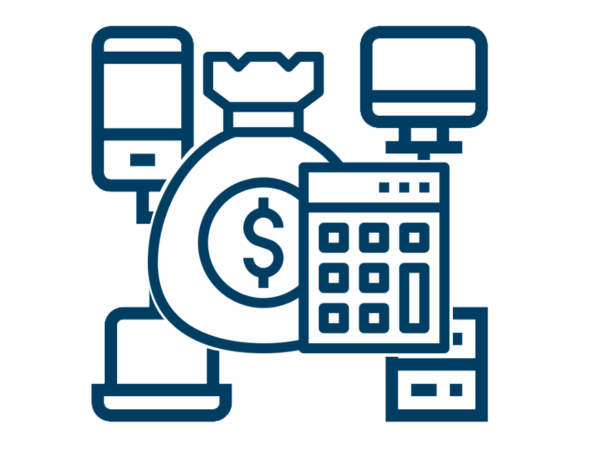Total cost of ownership (TCO) is the sum of all costs and expenses related to buying, implementing, and managing your technology solutions (either directly or indirectly). This value includes the entire lifecycle of the process, from purchase, through to maintenance and support, and even disposal.
The value of the total cost of ownership concept
TCO is a activates thinking around the future costs of decisions made now.
For example
- Quick-and-nasty “Band-Aid” DIY tech solutions: they may cost little upfront and give the perception of wins. However, long term, any short cuts can come to haunt you. They may create data debt, defocus team members with growing support and maintenance, start needing greater investment to handle edge cases, and result in business blocking/disruption.
- “Easy-in” enteprise solutions: as with above, it’s a cheap purchase price. Sometimes they are subsidised with credits. But this pricing can be designed with the end goal of vendor “lock in”. As you scale and grow, you get sticky. It’s easy to get more functionality. You can end up with recurring cost obligations that far exceed your initial estimations.
Price vs TCO, and composition
Price is different to TCO. The directly-related cost (once-off or recurring) paid to a system provider is the price.
The total cost of ownership, on the other hand, includes all additional expenses to operate this new system, such as maintenance, related hardware and software acquisitions, subscriptions, training, onboarding, ongoing support, upgrades, etc. TCO also encompasses hidden costs such as time spent by management to manage system-related processes (ranging from product decisions to developer management), and loss in productivity due to system errors and downtime. These factors are easily ignored. But, included in pricing, they can add up to large numbers – resulting in different decisions.
Thus, while the price is an important factor, TCO should be the driving force behind your tech stack decisions.
Tech stack decisions are all ultimately about return on investment, or the correct deployment of (financial and human) capital









